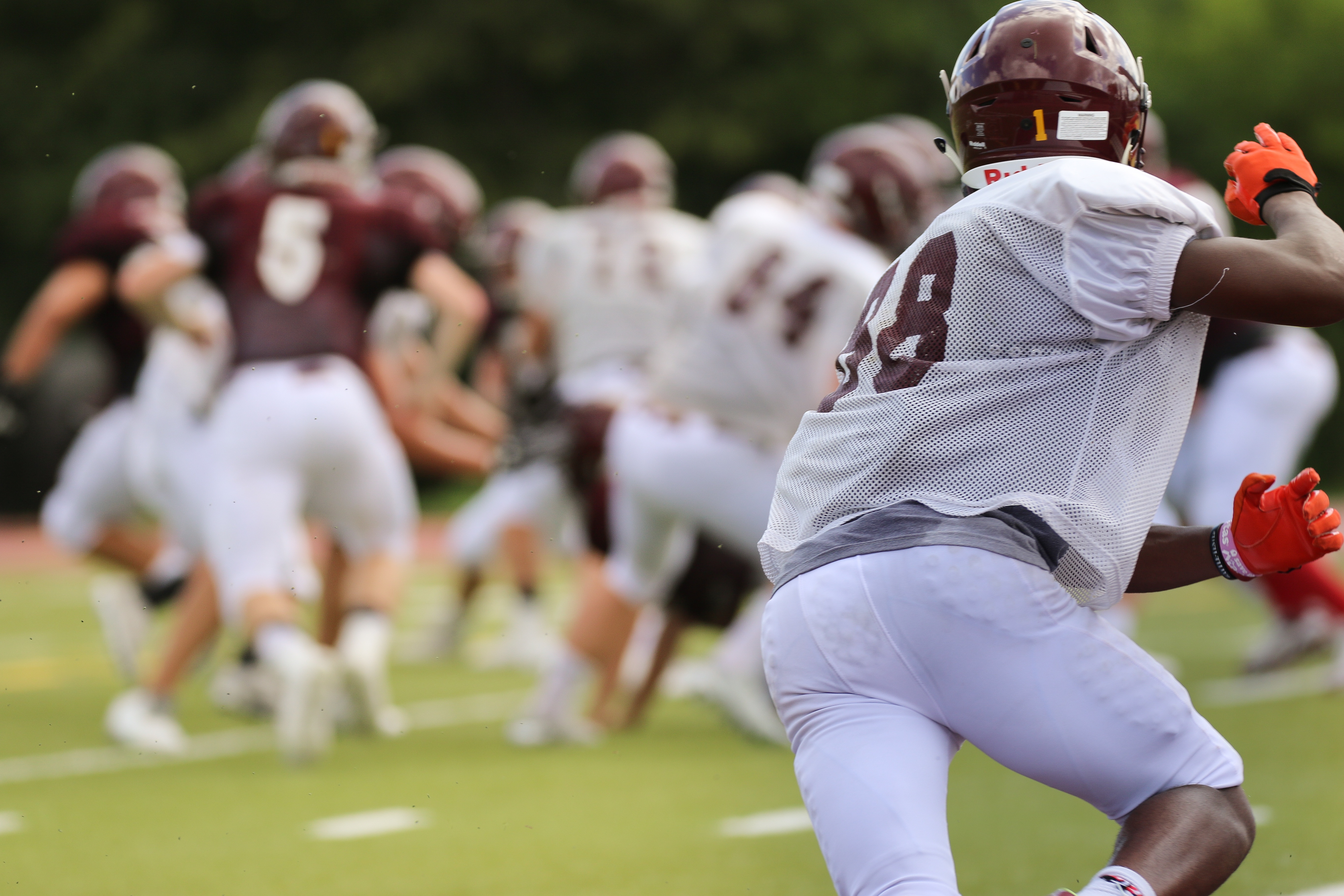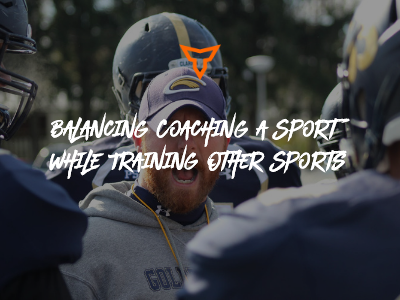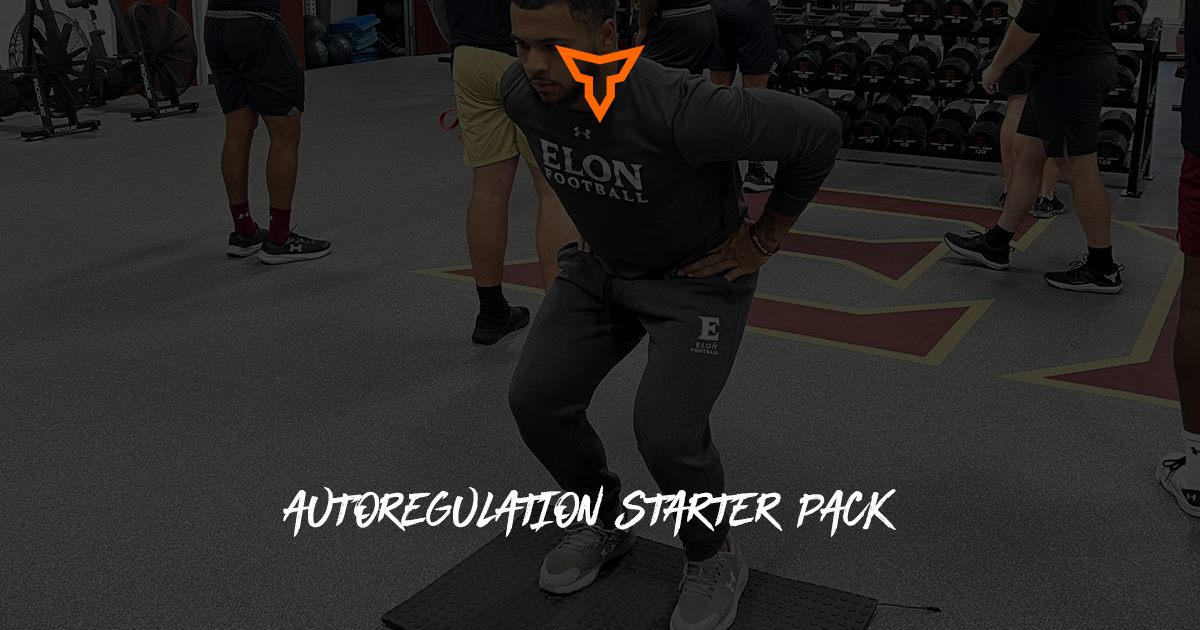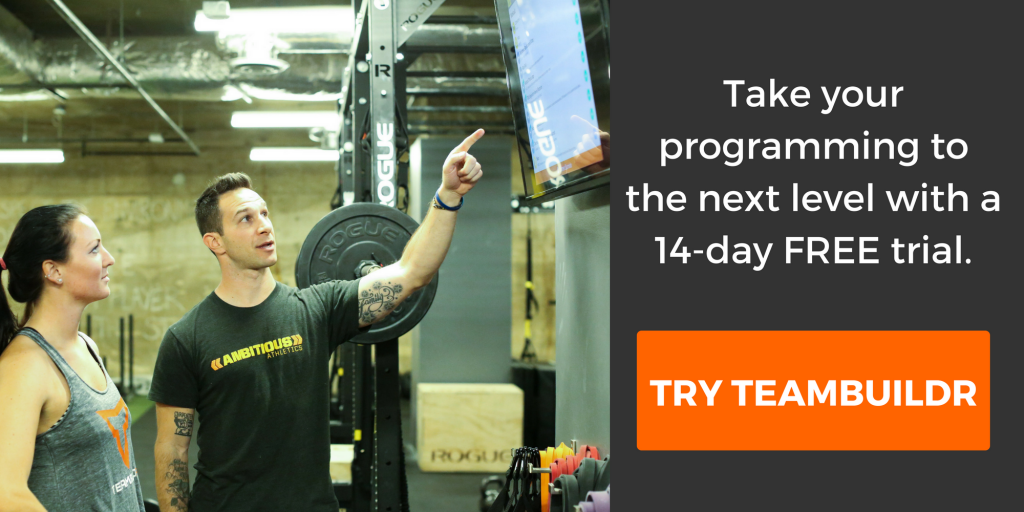What Type of Profession Are Strength Coaches Really In?
Harvey Firestone said, “The Growth and development of people is the highest calling of leadership.” To me, this is the epitome of what we as Strength and Conditioning Coaches do.
Most people outside of the Collegiate training setting rarely understand the magnitude of the job we do as coaches; perhaps they simply choose to believe that we just hang out in the weight room, drink protein shakes and lift weights. However, anyone familiar with the college strength program knows this perception could not be farther from the truth. This job is so much more than Bench Press, Squats and Power Cleans. This job is about the kids who show up and push themselves to failure day in and day out. Now, believe me, this is not a novel idea as I am sure that I am not the only coach who views our profession in this manner.
The idea of “People Development” was instilled upon me from my mentors and colleagues who I have been fortunate enough to come to know during my early years in this profession. When I speak about “People Development" I tend to separate it into 4 categories:
- Character
When you are exposed to young men and women from different backgrounds, the one common objective that we can begin to instill from day one is to be a person of great character. Character is defined as the moral or ethical quality of a person. Some young athlete understand this while others take a little more time for the concept to sink in. As coaches, we are able to instill great character on an athlete by putting them into positions to lead, or be lead on a daily basis.
- Time Management
Understanding that it is important to be where you are supposed to be when you are supposed to be there is a vital trait that can be taught by coaches during the formative college years. Kids will understand the importance of this trait early on. This is one of the major traits that can be carried on long after their time on the field has ended.
Want to join the TeamBuildr network?
Start a 14-day free trial and connect with coaches around the country.
- Life Skills
Though both of the above traits that I mentioned could be lumped into this category, I believe that there are a few better examples that fit here. When I talk about life skills, I really look more to how we learn to deal with different people and different situations. When you look at the group of individuals that comprise a team, you really can see a microcosm of society. Learning how to deal with people and difficult situations is something that we as coaches can pass on to these young men and women. This teaching point can show these young athletes how they might need to act in their normal lives, after their playing careers are over.
- Leadership
This may be one of the easiest traits to comprehend, but it makes it no less important. Learning how to not only lead others, but also be lead yourself is a valuable trait that can be carried on by your athletes for the rest of their lives. As a young athlete thee kids will learn not only from us, but also from their older teammates about what a great leader can be. As they grow and mature during their careers, if we have done our job correctly, these young athletes will blossom into great team leaders for their university, but later in life become leaders of their families, businesses and communities.
Lastly, I feel that we as coaches serve as a blueprint for how we would want our athletes to act as men and women. The biggest value I see in my position as it relates to developing leadership is influence. My greatest happiness in life occurs when an athlete comes back, or calls me to let me know how much of an impact I had on them, and how some sort of gesture, kind word, or just an open ear affected them.
As much as I love the physical development component of what I do for a living, it is so much more important to me to see the type of man and women that I have been able to mold during their time as an intercollegiate athlete. This lets me truly believe that the biggest part of what it means to be a strength coach is developing great people who become great athletes, not vice versa.
Subscribe to our blog
Subscribe to receive the latest blog posts to your inbox every week.
Related posts

Being a 1st Time High School Football Strength Coach - Part 2

Balancing Coaching a Sport while Training Other Sports

